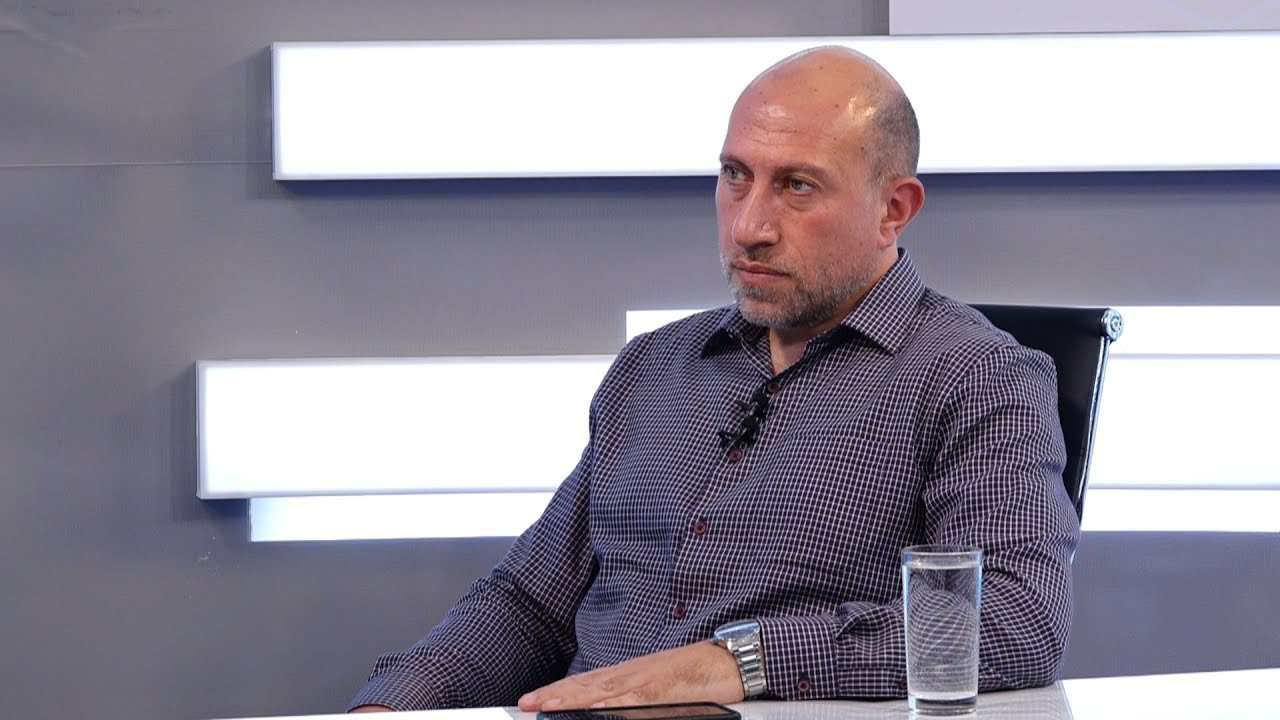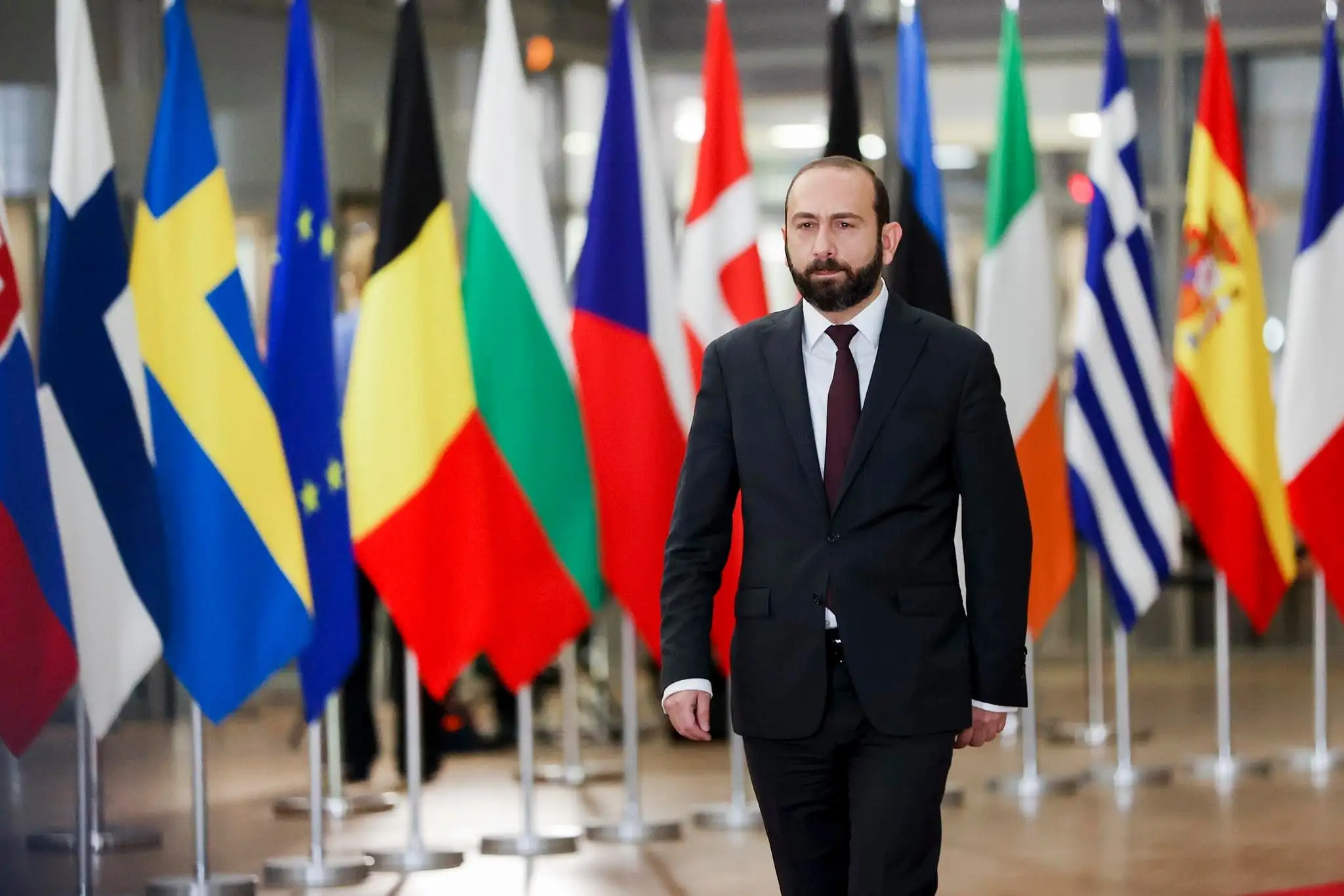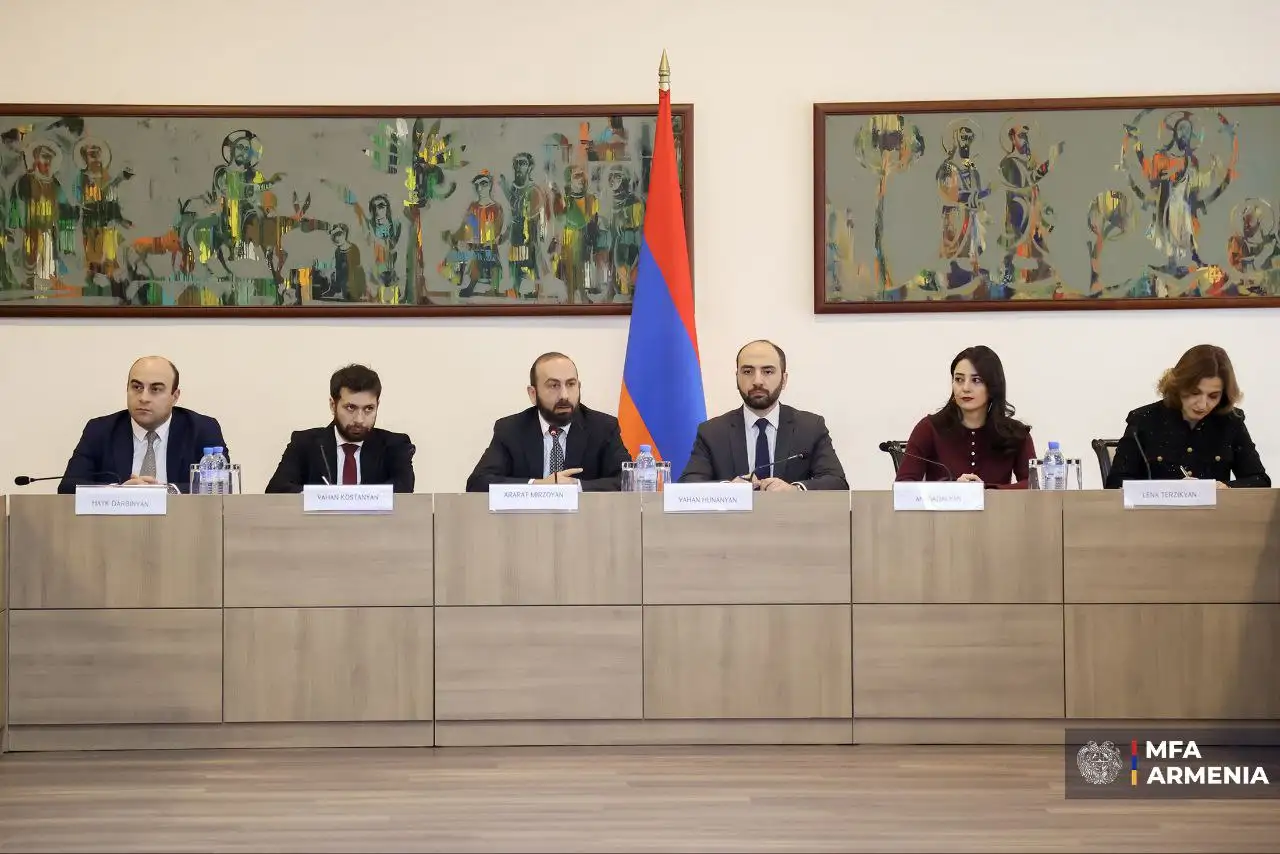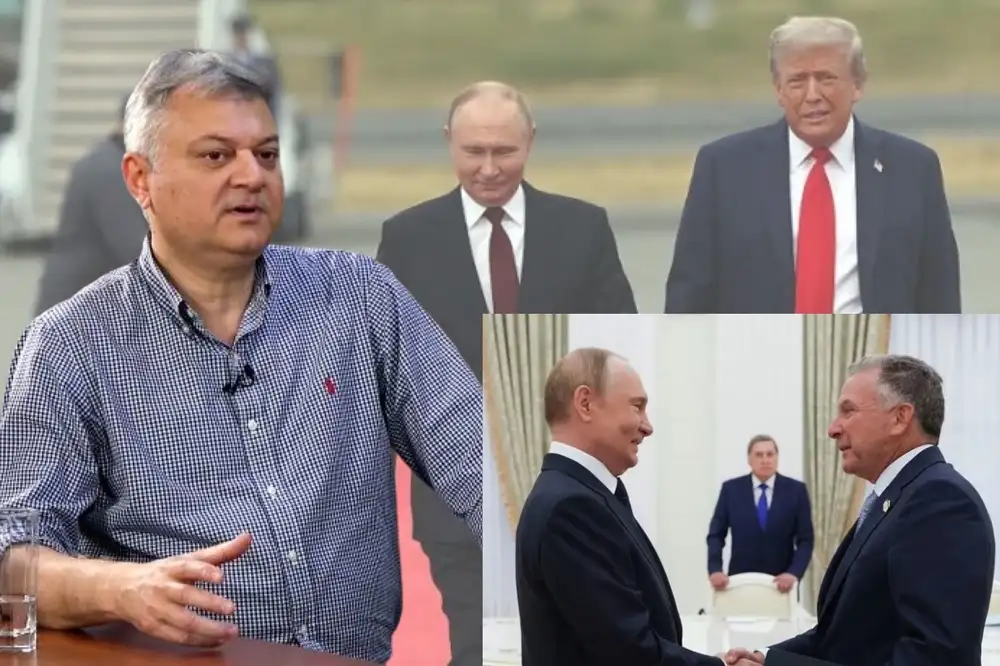Political analyst Hakob Badalyan summarized the past year, 2022, in a conversation with Radar Armenia.
- In terms of geopolitical developments, what kind of year was 2022 for Armenia and the region?
- The year 2022 was, of course, unique in a bad sense for Armenia, the region, and the whole world with the outbreak of the Ukrainian war, which, being a war between Ukraine and Russia, is a de facto war between the Russian Federation and the West. And this war, by and large, is the epicenter, focal reality of the third world hybrid war, which practically extends to all regions. And the actors here are certainly not limited to the West-Russia two poles. There are many players not only in different directions, but also there are different poles in the circle of the West. Armenia and the region felt the consequences of that war throughout the year.
- What should be Armenia's priorities in 2023 in the face of current challenges?
- For 2023, the critical issue of Armenia continues to be the provision of manageability in security matters. When we talk about security, we mean Armenia's 29,800 km² and Artsakh. And from that point of view, the problems are mainly unchanged and continue to be urgent for 2023 as well: diversification of security mechanisms and deepening of foreign relations with different countries. In this regard, there is a need to deepen foreign economic ties because the basis of diplomatic potential and sovereignty is economic capabilities. It is also the global struggle for financial resources. The other direction is to ensure qualitative change and modernity in domestic life regarding the institutional development of economic and socio-political relations and the transformation of the political system. These are "traditional" problems for Armenia, and implementing practical steps in this direction remains relevant.
- Is it possible to reach the signing of the peace agreement in 2023? Do you see prerequisites?
- In terms of the peace treaty, I do not see any prerequisites not only in disagreements in the Armenia-Azerbaijan domain but also in the conditions of the so-called hybrid nature of the third world war. The region will continue to be under its influence. And that war, at least for now, does not allow us to discuss the prerequisites for visible stabilization. Now, I do not consider the signing of a peace treaty realistic. Of course, nothing should be ruled out, but there are no grounds to discuss agreements to form a long-term, stable, safe region. In this regard, the priority should be the work toward mechanisms for managing challenges.
Hayk Magoyan




















